Industrial vs Agricultural Tires: Understanding the Key Differences
When it comes to tires, especially in the realms of heavy-duty machinery and equipment, the distinction between industrial and agricultural tires is crucial. Both serve distinct purposes and are designed to withstand specific conditions, making it essential for users to understand the differences to ensure optimal performance and safety. In this blog, we delve into the characteristics, applications, and considerations associated with industrial and agricultural tires.
Industrial Tires
Industrial tires are primarily designed for use in material handling equipment, such as forklifts, loaders, and industrial vehicles operating in warehouses, factories, construction sites, and ports. These tires are engineered to endure rigorous usage in demanding environments, offering durability, stability, and maneuverability.
Here are some key features of industrial tires:
- Construction and Design: Industrial tires are typically made with robust compounds and reinforced sidewalls to withstand heavy loads, abrasion, and punctures. The tread patterns are optimized for traction on concrete, asphalt, and other smooth surfaces commonly found in industrial settings.
- Load Capacity: These tires are engineered to support substantial loads, making them suitable for lifting and transporting heavy materials and equipment. Load ratings and capacity are crucial considerations when selecting industrial tires to ensure safe operations.
- Durability and Longevity: Industrial tires are built to last, and designed to resist wear and tear from constant use in challenging environments. The materials used in their construction are selected to enhance durability and extend tire life, reducing downtime and maintenance costs.
- Safety and Stability: Stability is paramount in industrial applications, where precise maneuvering and control are essential. Industrial tires are engineered to provide stability under heavy loads, reducing the risk of accidents and ensuring operator safety.
Agricultural Tires
Agricultural tires, on the other hand, are tailored for use in farming and agricultural machinery, including tractors, combines, sprayers, and trailers. These tires are subjected to unique conditions found in agricultural operations, such as uneven terrain, mud, and varying weather conditions.
Here are the key attributes of agricultural tires:
- Traction and Grip: Agricultural tires feature deep treads and specialized lug patterns to maximize traction in fields, mud, and other challenging terrains commonly encountered in agriculture. The design helps prevent slippage and ensures optimal performance in varying soil conditions.
- Low Ground Pressure: To minimize soil compaction and preserve crop health, agricultural tires are designed to distribute the vehicle’s weight over a larger surface area, reducing ground pressure. This design feature helps protect soil structure and promotes healthy plant growth.
- Resistance to Wear and Damage: Agricultural tires are subjected to abrasive conditions, including rocks, debris, and rough terrain. These tires are built to withstand punctures, cuts, and abrasions, ensuring reliable performance throughout the harvesting and planting seasons.
- Versatility: Agricultural tires come in a variety of sizes and configurations to accommodate different farm equipment and applications. From narrow row-crop tires for precision farming to wide flotation tires for heavy-duty equipment, there are options available to suit diverse agricultural needs.
Comparing Durability and Traction
When it comes to durability, industrial tires are generally more robust than agricultural tires. They are designed to handle heavy loads, rough terrains, and harsh working conditions. On the other hand, agricultural tires are built to withstand the demands of farming operations but may not be as durable as industrial tires.
In terms of traction, both industrial and agricultural tires offer excellent grip on different surfaces. Industrial tires are engineered to provide traction on various terrains, including concrete, asphalt, gravel, and dirt. Agricultural tires, on the other hand, are designed to offer superior traction in muddy fields and uneven terrains, ensuring optimal performance during farming activities.
Analyzing Cost and Maintenance Differences
When comparing the cost of industrial and agricultural tires, it’s important to consider the specific needs of your application. Industrial tires are generally more expensive due to their heavy-duty construction and specialized features. However, they are designed to withstand the demands of rugged work environments, resulting in longer lifespans and reduced maintenance costs in the long run.
On the other hand, agricultural tires are typically more affordable compared to industrial tires. They are designed to meet the specific requirements of farming operations and offer good value for money. However, agricultural tires may require more frequent replacement and maintenance due to the nature of their use in farming activities.
Considering Environmental Impact and Longevity
When considering the environmental impact, both industrial and agricultural tires have their considerations. Industrial tires, due to their heavy-duty construction, may have a higher environmental impact during the manufacturing process. However, their longevity and durability result in fewer replacements, reducing waste and overall environmental impact in the long term.
Agricultural tires, on the other side, are designed to minimize soil compaction and reduce damage to crops, which can have positive environmental implications in the agricultural sector. However, they may require more frequent replacements due to the wear and tear associated with farming activities, resulting in a higher volume of tire waste.
Conclusion
In conclusion, understanding the differences between industrial and agricultural tires is crucial in making an informed decision for your specific needs. Consider factors such as use cases, unique features, durability, traction, cost, maintenance, and environmental impact when choosing between these two types of tires.
JCBL India Tyres is a leading manufacturer and provider of Industrial and Agriculture Tires, renowned for their superior quality and reliability. Their industrial tires, designed with advanced technology, offer exceptional stability and durability, catering to diverse industrial applications. Similarly, their agriculture tires are engineered to deliver maximum traction and minimal soil compaction, empowering farmers to enhance productivity and minimize downtime. With a commitment to innovation and customer satisfaction, JCBL India Tyres continues to set industry standards, driving success in both industrial and agricultural sectors.
Frequently Asked Questions:
Q1: What is the difference between industrial and agricultural tires?
A: Industrial tires are designed for heavy machinery and equipment used in factories, warehouses, and construction sites, focusing on stability and durability. Agricultural tires are tailored for farming equipment, emphasizing traction and minimal soil compaction.
Q2: Can I swap Industrial Tires with Agricultural Tires?
A: It’s not recommended due to differences in design and performance requirements. Industrial tires may not provide the necessary traction or durability for agricultural tasks, and vice versa.
Q3: How to Choose Industrial or Agricultural Tires?
A: Consider the specific requirements of your equipment and application. For heavy industrial use, opt for industrial tires, while for farming activities, choose agricultural tires suited for varying terrain and conditions.
Q4: What are AG tires good for?
A: AG (Agricultural) tires are specifically designed for use on farming equipment and vehicles involved in agricultural activities. These tires are highly specialized and optimized for the unique demands of farming tasks.
Q5: What is the Maintenance of Industrial vs. Agricultural Tires?
A: Both types require regular inspection for wear, proper inflation, and timely repairs. However, industrial tires may need more frequent checks due to exposure to harsh working environments, while agricultural tires may require attention to soil buildup in the treads.

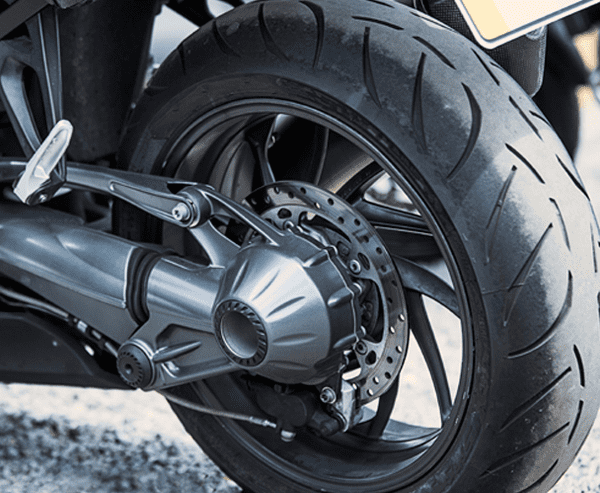
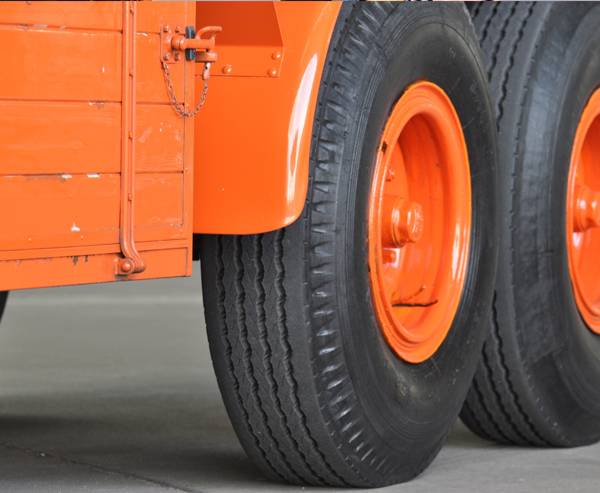
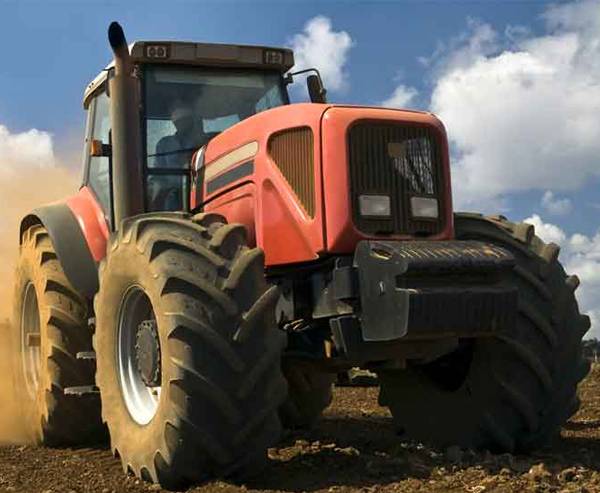
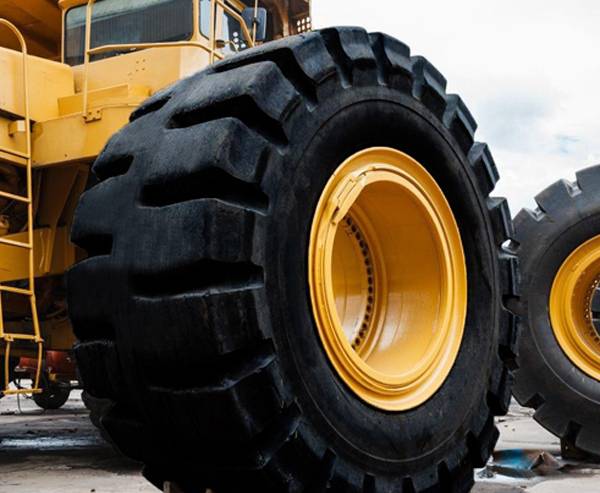
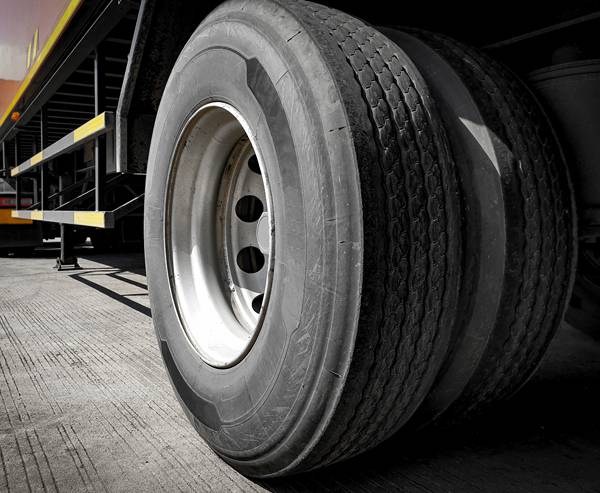
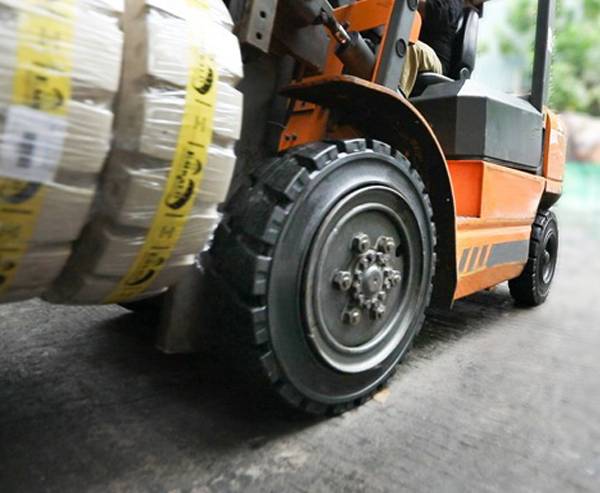

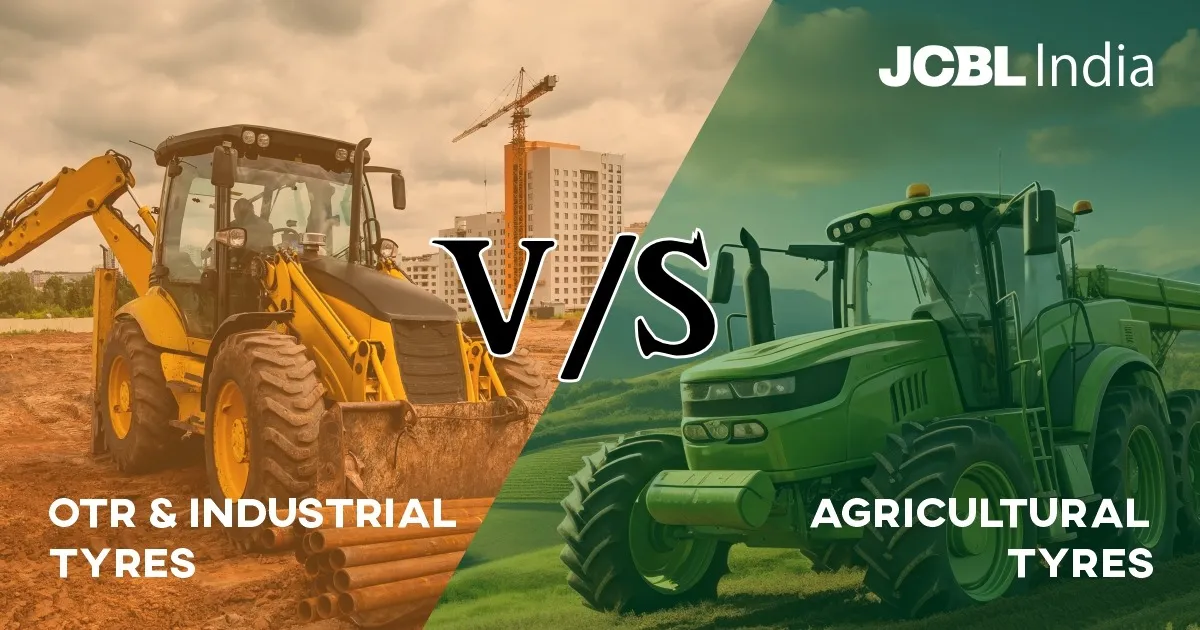
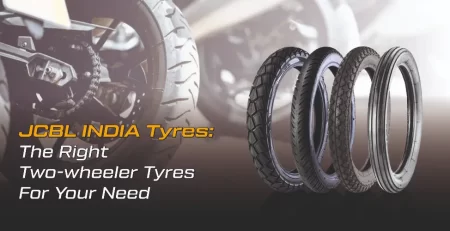
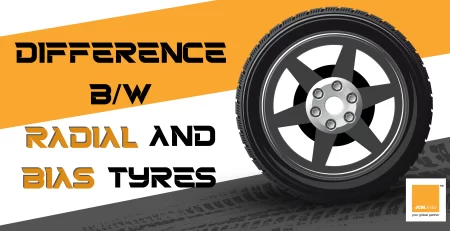
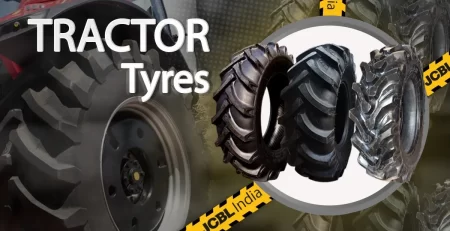


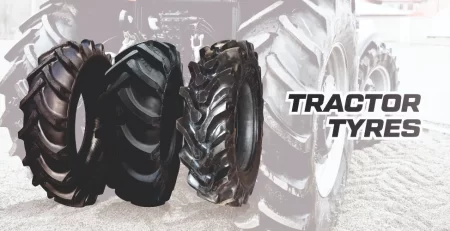
Leave a Reply